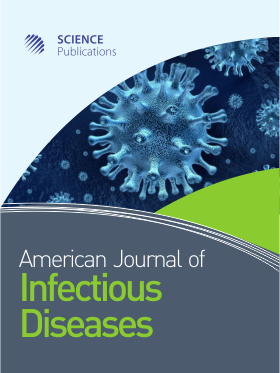Opiates Upregulate Adhesion Molecule Expression in Brain MicroVascular Endothelial Cells (BMVEC): Implications for Altered Blood Brain Barrier (BBB) Permeability
- 1 State University of New York and Buffalo General Hospital, United States
Abstract
The blood-brain barrier (BBB) is an intricate cellular system composed of vascular endothelial cells and perivascular astrocytes that restrict the passage of immunocompetent cells into the central nervous system (CNS). Expression of the adhesion molecules, intercellular adhesion molecule 1 (ICAM-1) and vascular cell adhesion molecule-1 (VCAM-1) on brain microvascular endothelial cells (BMVEC) and their interaction with human immunodeficiency virus (HIV-1) viral proteins may help enhance viral adhesion and virus-cell fusion resulting in increased infectivity. Additionally, transmigration through the BBB is facilitated by both endothelial and monocyte/macrophage-derived nitric oxide (NO). Dysregulated production of NO by BMVEC due to opiates and HIV-1 viral protein interactions play a pivotal role in brain endothelial injury, resulting in the irreversible loss of BBB integrity, which may lead to enhanced infiltration of virus-carrying cells across the BBB. Opioids act as co-factors in the neuropathogenesis of HIV-1 by facilitating BBB dysfunction however, no studies have been done to investigate the role of opiates alone or in combination with HIV-1 viral proteins on adhesion molecule expression in BMVEC. We hypothesize that opiates such as heroin and morphine in conjunction with the HIV-1 viral protein gp120 increase the expression of adhesion molecules ICAM-1 and VCAM-1 and these effects are mediated via the modulation of NO. Results show that opiates alone and in synergy with gp120 increase both the genotypic and phenotypic expression of ICAM-1 and VCAM-1 by BMVEC, additionally, these opiate induced effects may be the result of increased NO production. These studies will provide a better understanding of how opiate abuse in conjunction with HIV-1 infection facilitates the breakdown of the BBB and exacerbates the neuropathogenesis of HIV-1. Elucidation of the mechanisms of BBB modulation will provide new therapeutic approaches to maintain BBB integrity in HIV-1+ opiate abusing patient populations.
DOI: https://doi.org/10.3844/ajidsp.2006.58.66

- 3,945 Views
- 2,634 Downloads
- 3 Citations
Download
Keywords
- Blood brain barrier
- opiates
- adhesion molecules
